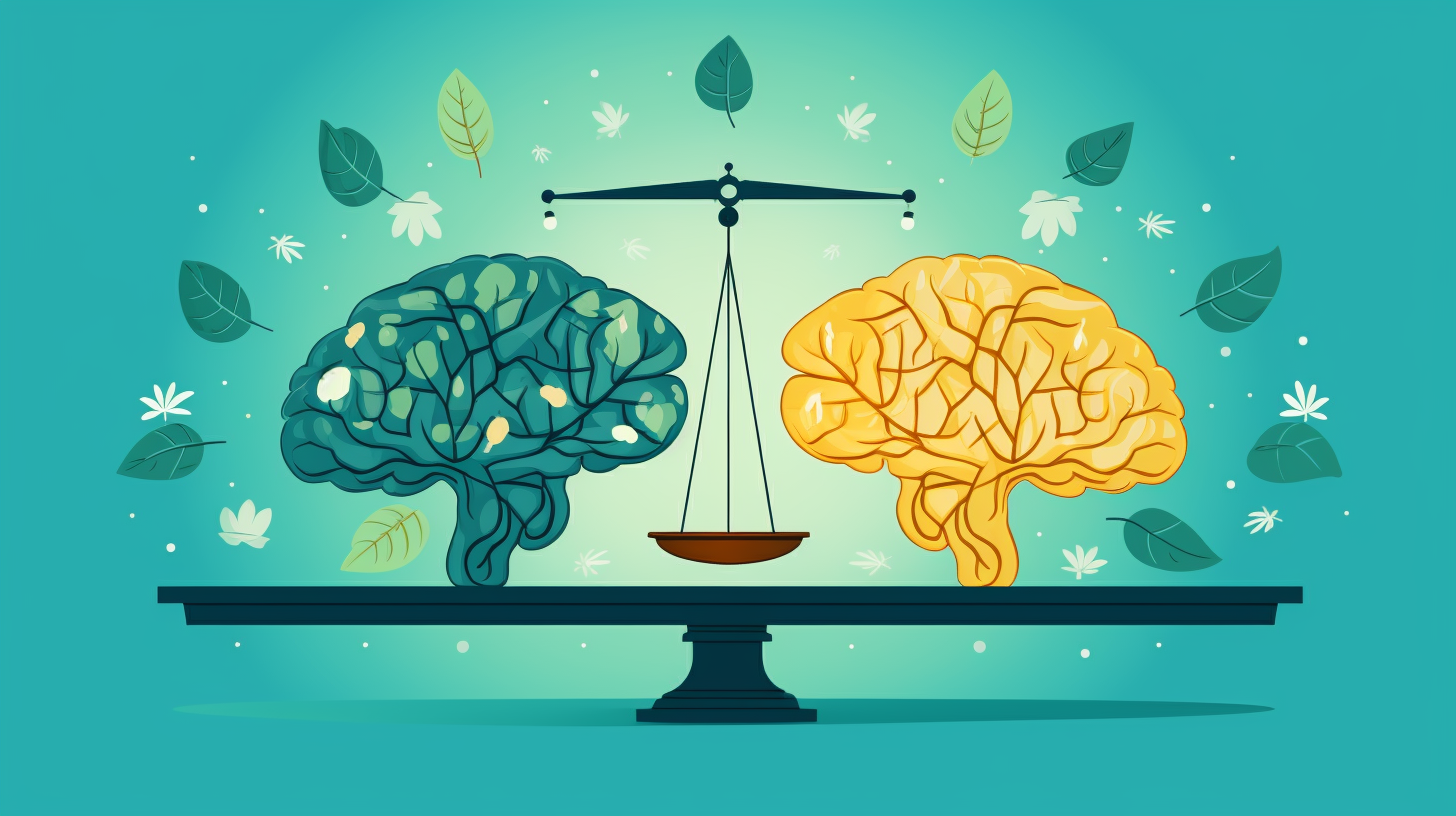Summary:
- Significance of the Topic: This article sheds light on the controversial topic of cannabis use for treating anxiety disorders, providing a comprehensive view of the recent research findings and their implications on both the medical field and the cannabis industry.
- Key Takeaway 1: Despite the growing popularity of cannabis as a treatment option for anxiety disorders, recent medical research suggests that its efficacy is questionable, and it may even exacerbate the condition.
- Key Takeaway 2: The cannabis industry remains optimistic about the market potential of cannabis and its products, even as the scientific community urges caution and calls for more research.
BANGKOK, THAILAND – The use of cannabis for treating a variety of ailments has been a subject of intense debate and interest, particularly in the context of anxiety disorders. Many consumers are turning to cannabis and its products as an alternative treatment option, driven by the inadequacies and limited effectiveness of traditional treatments. However, recent research has cast doubt on the efficacy of cannabis in treating anxiety disorders, suggesting that it may, in fact, have adverse effects.
Cannabis and its derivatives have become sought-after for consumers seeking new ways to treat anxiety disorders. This surge in popularity is seen in the context of a shortage of traditional treatment options and the ineffectiveness of such treatments for some individuals. Despite this, a report from The Wall Street Journal highlights the lack of substantial scientific evidence supporting the use of cannabis for treating anxiety, noting that it could potentially worsen the condition.
A 2020 study published in the Canadian Journal of Psychiatry revealed a significant association between cannabis use and the onset of anxiety disorders, a type of mental illness. Additionally, a 2018 report indicated that individuals with mood disorders and severe anxiety were more likely to use cannabis during the survey period.
Business Perspectives and the Ongoing Debate
The legalization of cannabis in the United States has led to a booming industry, albeit with revenues falling short of the $30 billion per year estimated by Harvard economist Jeffrey Miron. Despite this, the business sector remains hopeful about the potential of cannabis to aid individuals suffering from anxiety disorders.
A 2022 survey conducted by Harris Poll for Curaleaf, the largest cannabis-selling company in the U.S., found that 54% of 2,000 adults had used cannabis, with 41% of them using it to treat anxiety. This reflects the widespread use of cannabis for this purpose.
Erwin D. Simon, CEO of Tilray Brands, the first cannabis-selling company to enter the U.S. stock market, expressed in an interview with WSJ that cannabis offers an alternative treatment for various conditions, including anxiety. He emphasized the market’s potential, noting that customers who buy cannabis tend to return for more.
However, the medical community urges caution. Beth Salcedo, a psychiatrist and medical director at the Ross Center, specializing in anxiety treatment in Washington, D.C., shared her experience with patients using cannabis for anxiety. She noted that while some patients report relief, the effectiveness of cannabis in treating anxiety remains questionable.
The Need for Further Research and the Risks Involved
The cannabis industry has also contributed funding to research efforts. A 2022 study involving researchers affiliated with cannabis treatment clinics in Canada reported improvements in patients using cannabis to treat anxiety. However, these findings contrast with other research highlighting the risks associated with regular cannabis use, including addiction and the potential for worsening mental health conditions.
Anne Marie Albano, director of the Anxiety and Related Disorders Clinic at Columbia University, emphasized that traditional treatment approaches are tailored to the individual’s emotional conditions, and the intoxicating effects of cannabis could interfere with these treatments.
The article concludes by highlighting the complexity of cannabis and its products, the need for stringent testing and usage guidelines, and the challenges posed by federal regulations in conducting research on cannabis.
